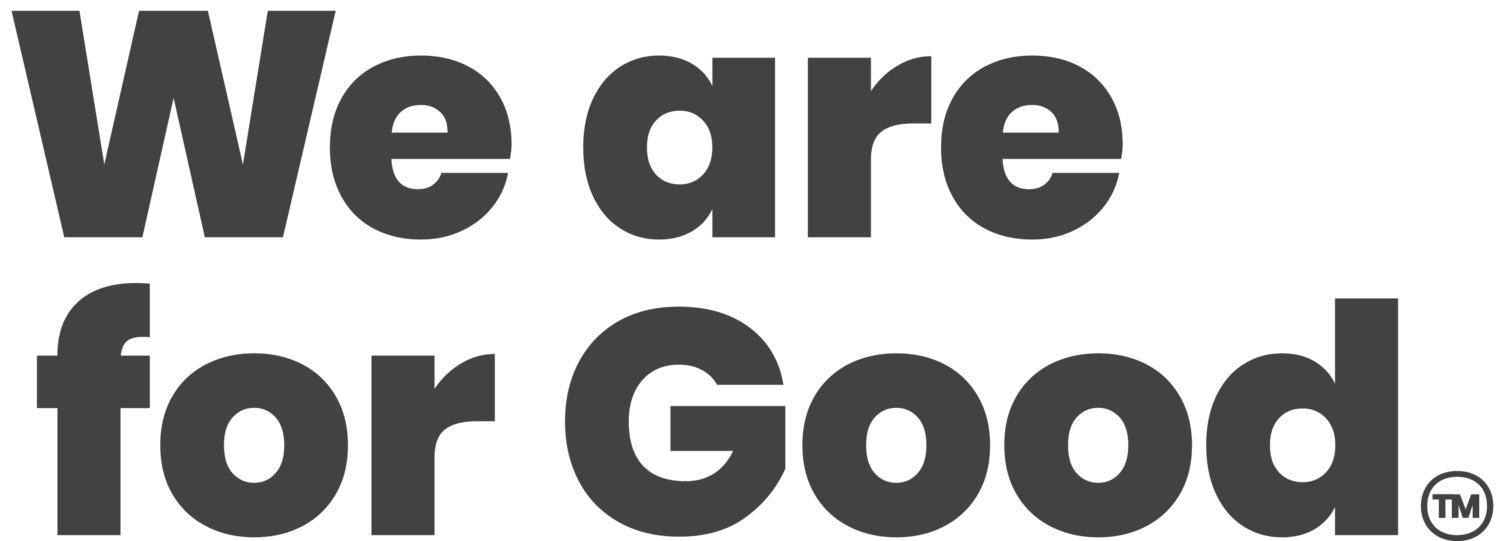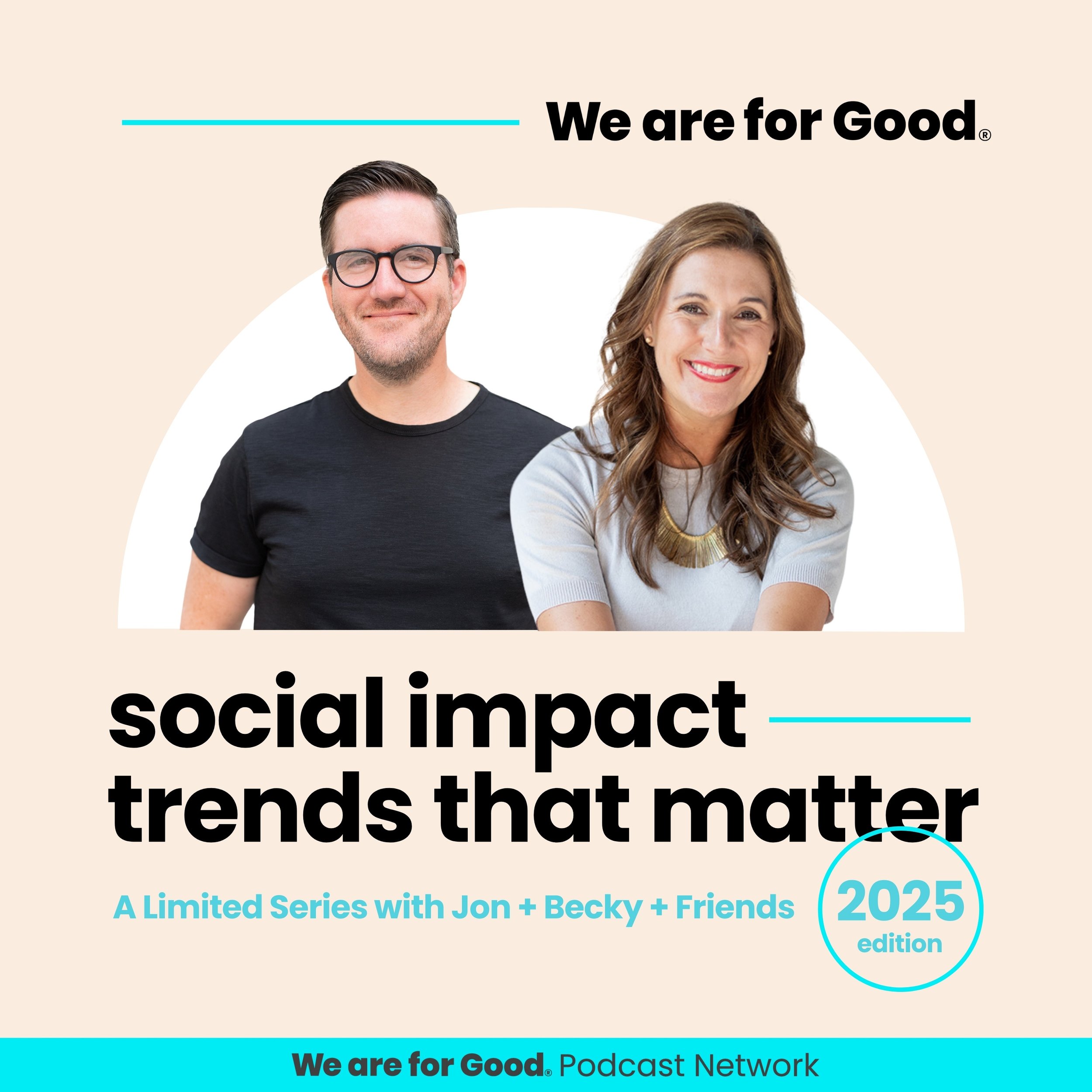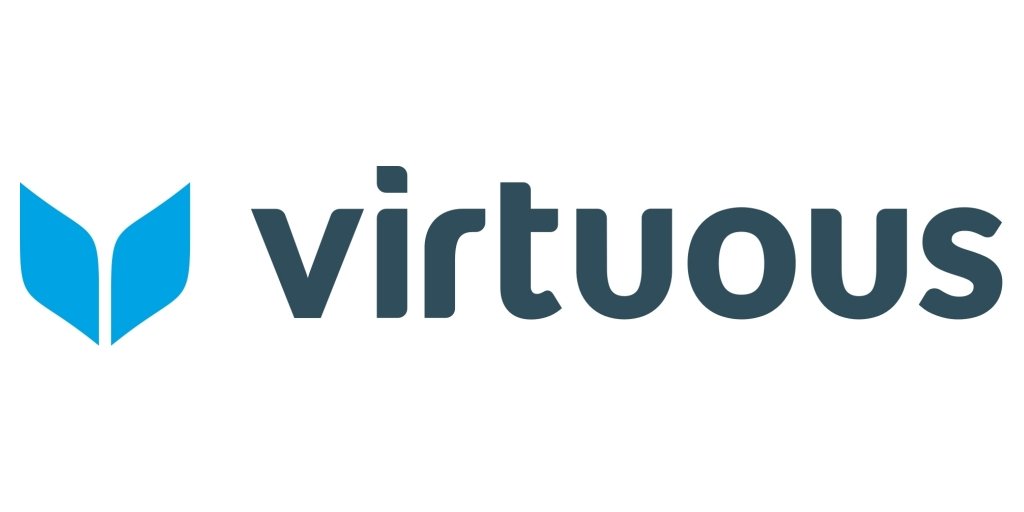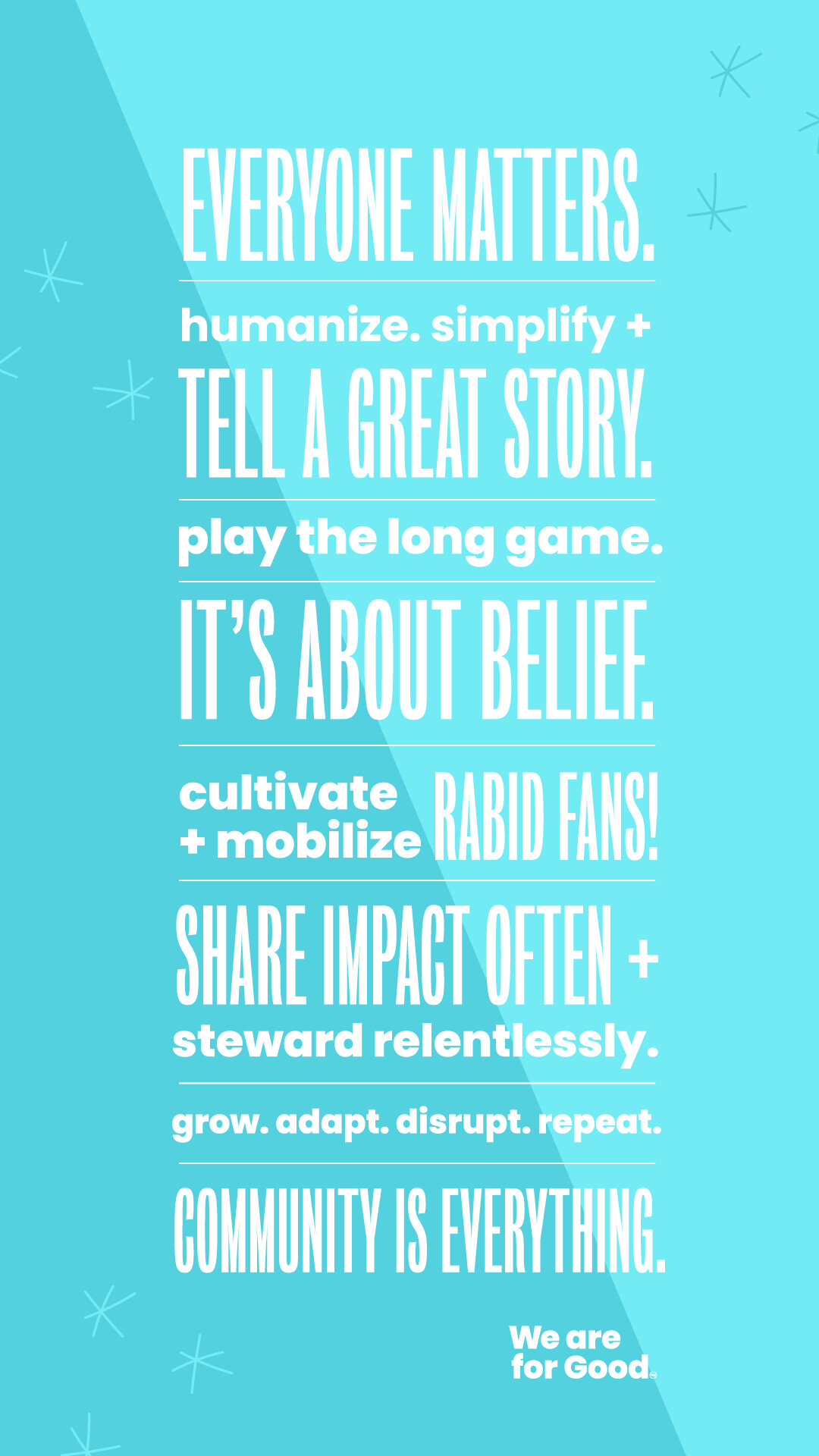214. Creating a Robust Network for Social Impact - Dr. Michelle Shumate
Listen to this episode
Overview
Meet Michelle. This Northwestern University professor is an expert on building networks for social impact. We highly recommend this episode to any person looking to boost its organization's social media engagement in 2022📱📈
💡Learn:
How leaders can make social impact networks more effective
Avoiding social impact dead ends
Designing networks to address different types of social issues
Today’s Guest
Dr. Michelle Shumate, Author of Networks for Social Impact, Professor Northwestern University, and Director of Network for Social Impact
“How can we begin to build networks across organizations so that we don’t just keep spinning our wheels on these problems, and we can really learn from one another and we can support one another?”
Episode Transcript
Download Full Episode Transcript Here
Episode highlights
Dr. Shumate’s story and journey to where she is today (2:30)
An overview of Dr. Shumate’s research (4:50)
Networks for Social Impact (6:00)
What traits leaders need to show up with to really make these networks the most vibrant (9:00)
Dr. Shumate’s advice for how can leaders make social impact networks more effective (12:00)
How nonprofits, businesses, and governments can successfully collaborate on serious social problems to create deeper impact (18:00)
Common dilemmas and dead ends and how to avoid them (21:00)
Dr. Shumate’s advice you have for an organization that wants to subscribe to some higher ideals of what they're fighting for (26:00)
A powerful moment of philanthropy in Dr. Shumate’s life (28:00)
Dr. Shumate’s One Good Thing: Focus on the “5 Why’s” (32:00)
powerful quotes
“Coming from a really small town, we didn't have a lot of social service agencies that really served us. And so my house was the domestic violence shelter. My house was where you went, when you had to get utilities paid. My house was the place where you know, if you needed food, you came and ate at our table. Like, there were always people at our house. I thought that's just how everyone grew up.” -Dr. Shumate
“I just had this moment where I was like, Oh, my goodness, nonprofits have the exact same problem that many big fortune 500 company have, that one of them will solve this really wicked complex problem.” -Dr. Shumate
“How can we begin to build networks across organizations so that we don't just keep spinning our wheels on these problems, and we can really learn from one another and we can support one another. And that became part of my life's mission came my dissertation research. And it became what I've done in consulting and what I've done in my, you know, research and teaching ever since.” -Dr. Shumate
“I've been really fortunate, I've worked with probably about 3000 nonprofit organizations over the last 20 years, and we've studied hundreds of these networks.” -Dr. Shumate
“We just have to have a place one place where you can go and learn, what are the best practices? What's everything we know, on this topic? And so that if you want to pull a book from the shelf, you know, the answer is going to be on this book. And so that's really what set the stage for, for doing this work and for writing this book.” -Dr. Shumate
“One of the things that comes out of this book is that how do you begin to thoughtfully align the decisions, right, then those decisions start out really early with?” -Dr. Shumate
“Those early decisions set the stage for a whole host of other decisions that you're going to be able to make or not able to make? And that's really the idea of a systems approach.” -Dr. Shumate
“Make sure that it's actually the senior leader of the organization who shows up the decision making table.” -Dr. Shumate
“So just that curiosity, that willingness to lean a little bit outside of their edge makes a huge difference in seeing these networks move forward.” -Dr. Shumate
“We can let are all of our other organizational agendas aside, we do compete on some of these things. But we're all in that together, right? Like framing it so that it brings everybody together. And then the second piece of it is figuring out what is it that you're going to how are you going to make decisions?” -Dr. Shumate
“One of the things that I encourage small nonprofit leaders and leaders of of networks, in general to do is to invest in learning how to make consensus based decisions. And that doesn't mean that we all agree on everything all the time, because that that's that's not the what I'm advocating here. Instead, it means how do you do a process where you make sure that you're really listening to one another, that you can all find wins for one another, and that you make decisions that everybody can live with?” -Dr. Shumate
“One of the best investments that you can make as an early network leader is helping you facilitate consensus based decisions, so that everybody's on the same page, their agreement, they're moving together.” -Dr. Shumate
“Beyond setting the stage around the vision and getting to consensus, the next step is to figure out what's your theory of change, right? So how is this network going to make a social impact, and learning that and figuring that out, can help you figure out what you're going to draw out from different organizations.” -Dr. Shumate
“Some organizations are going to be really slow to come to the table, they're going to be hard to see what's in some organizations will come to the table. And they're what we call toxic nodes, which is their whole goal in life is to make this network not happen.” -Dr. Shumate
“You have to go knowing that conflict is in the DNA of networks, you should expect it, it's gonna happen, because anytime you create a network, you're balancing interdependence, and autonomy, it's in the middle of it. And so you know, going eyes wide open into a network and realizing that is huge, and setting expectations and helping leaders not feel really discouraged.” -Dr. Shumate
“If you're looking to build this at a national or international network, start talking to other organizations who you view as competitors who do what you do, and see what are the places they're going, who are they talking to, chances are there are some nascent networks, even at those levels that you could be involved in.” -Dr. Shumate
“That's a much more powerful way to make a social impact than addressing that first appearing symptom.” -Dr. Shumate
Connect with Dr. Michelle Shumate
Website / LinkedIn / Northwestern
Rate, Review, & Follow on Apple Podcasts
Are you a fan of the We Are For Good Podcast? Please consider rating and reviewing our show! This helps us serve more do-gooders — just like you — grow their own impact uprising.
First time doing reviewing a podcast? Don’t sweat - it’s super easy! Click here, scroll to the bottom, tap to rate the show with stars, and then click “Write a Review.” We’d love to hear what you loved most about this episode!
While you’re there, if you haven’t done so already, would you consider subscribing to the podcast? We curate inspiring conversations weekly to help you do more for your mission (and the occasional surprise minisode too!) and if you’re not subscribed, you could totally out. Subscribe now!
Join the Good Community!
The We are for good community
This is a safe place for deeper conversations. While we love this podcast, it is a very one-sided dialogue. It is great for starting conversations, but not continuing them. You can find friends, colleagues, and others to champion alongside. We believe community is everything and we wanted to create a place where people could learn and thrive and grow together (and also have a whole lot of fun).

















